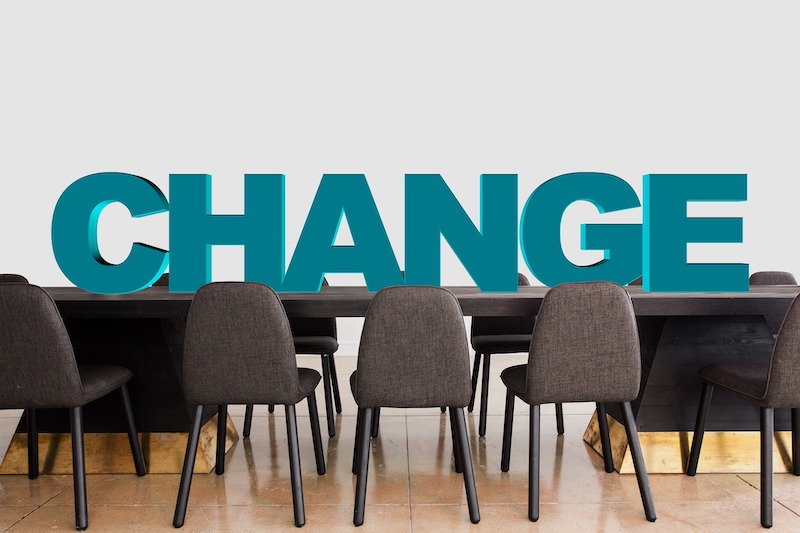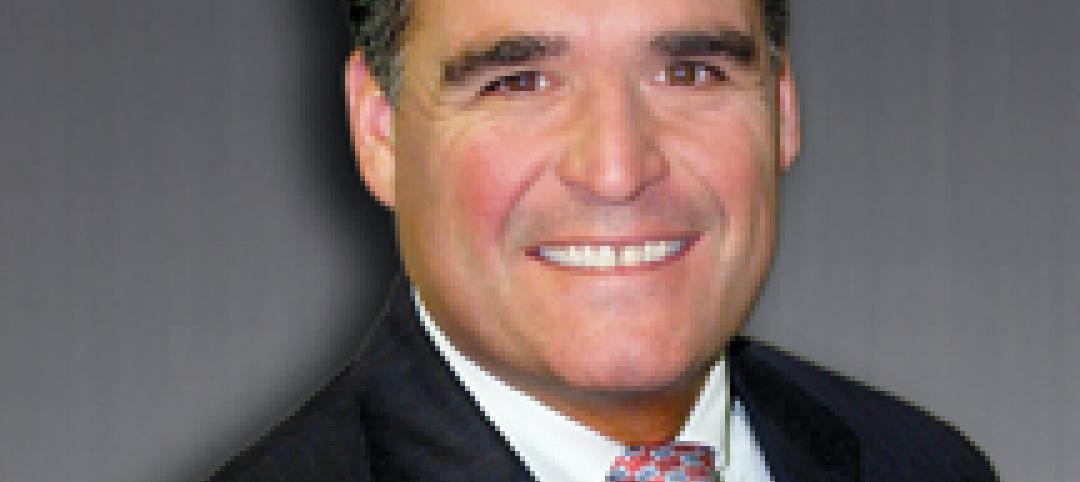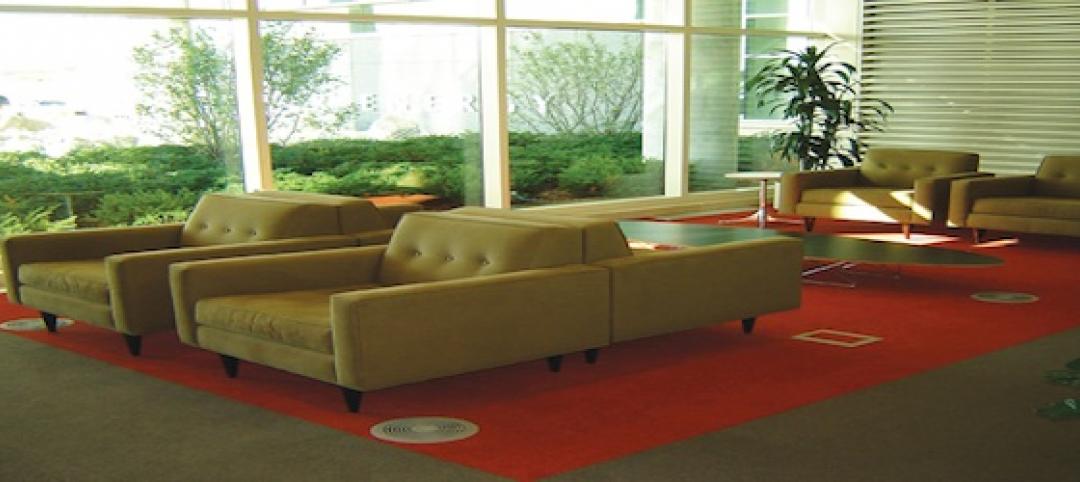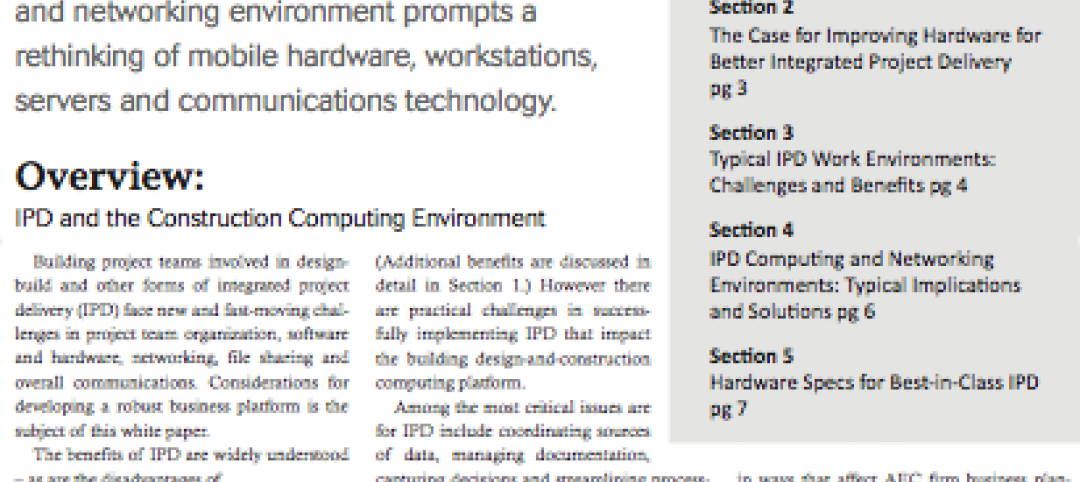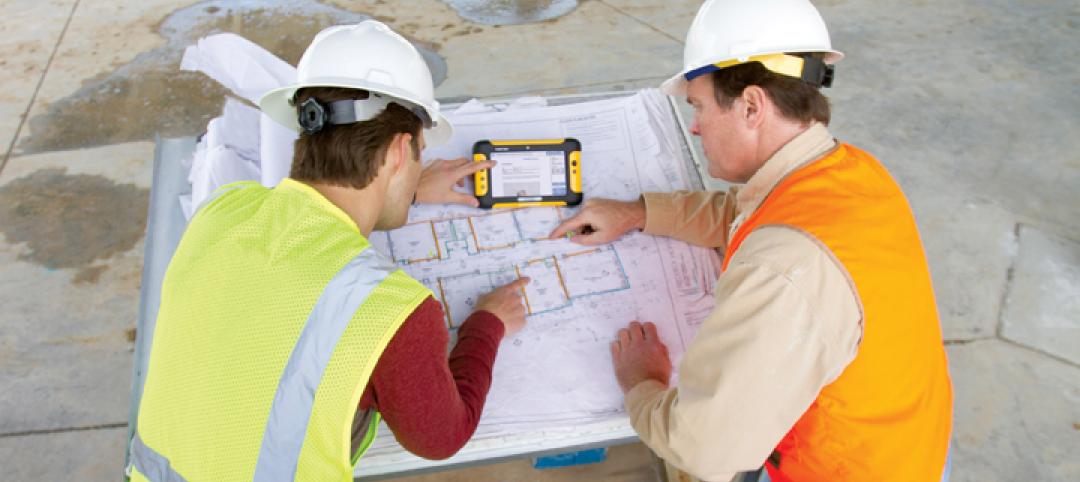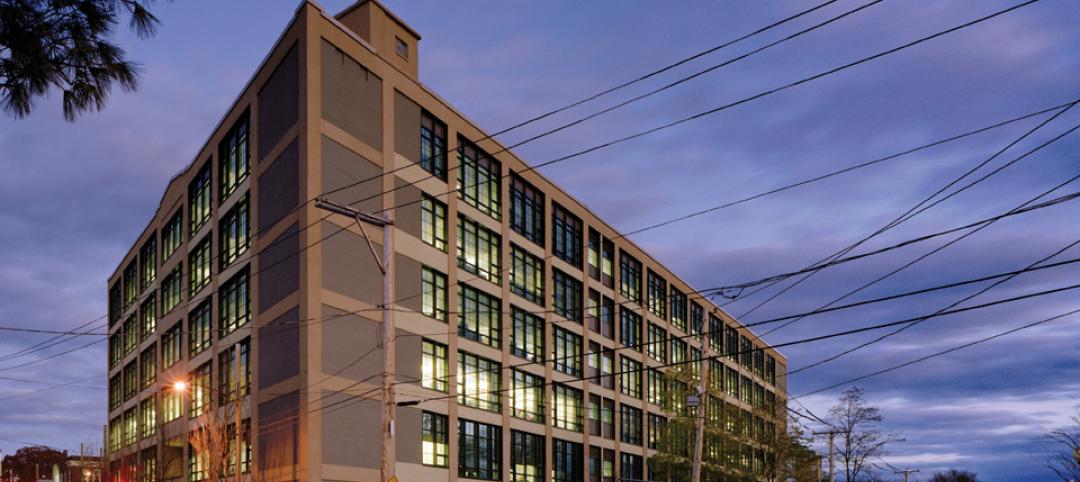The intensifying race to find and keep talent in an increasingly competitive digital business environment have enabled employees to reshape the workplace in their image, including access to a flexible work environment and schedule, overall health and well-being programs, childcare, meal services, and sustainability initiatives.
And the latest data show that employers now see that these investments are critical to their workers’ business performances.
These are among the findings from new “future of work” research, conducted by JLL and Harvard Business Review, which previewed at the World Economic Forum in Davos, Switzerland, last January.
A poll of 342 executives found that 83% agree that an attractive and flexible work environment is essential to attract and retain the talent they need to innovate and deliver business value in a competitive digital business environment and tight labor market.
More than half of the organizations these executives represent (57%) rate “human experience” as a top priority. “When we talk about human experience in the workplace, it’s really a recognition that, first and foremost employees are human beings with full lives beyond work that encompass friends, families, and varied interests, passions, and commitments,” states the authors of this research report. “So human experience efforts focus on improving how fluidly workers can integrate all of these pieces of the puzzle.”
This thinking is in line with a recent story in the New York Times that examined how wellness initiatives were ramping up in workplaces across the country. Corporate Wellness Magazine’s website also recently ran an article about how offices are merging tech and design for workplace wellness.
Over the past two years, almost one-third (32%) of JLL/Harvard survey respondents adjusted workplace design as a means to enhance the employee’s experience on the job. Another 31% adjusted workplace policies to accommodate flexible work schedules and working remotely.
And 53% of organizations plan to invest in human experience over the next two years. In that effort, more organizations are seeking their employees’ feedback and changes regarding workplace changes.
Already, more than half (53%) of respondents provide workers with the digital technology they need to work remotely or on a flexible schedule. And more than two-fifths of respondents have been customizing tis technology to employee preferences, by providing options to accommodate different people’s work styles and preferences.
A strong majority of respondents also place as a top priority the development of programs to support their employees’ health and well-being. For example, 35% of organizations are providing workplace amenities such as childcare and meal services, and 24% of organizations offer onsite recreation equipment.
Employee demand is also driving sustainability initiatives, say 55% of the organizations polled.
These efforts often result in more effective recruitment and retention. Because of their human experience initiatives, 36% of organizations report greater success retaining talent, 44% report improved employee morale, and 34% report improved productivity.
The research also found that:
•43% of organizations provide an appealing physical environment that fosters professional collaboration.
•42% offer new health and wellness benefits at little or no cost to employees.
•44% providing employees with opportunities, such as volunteer programs, to make meaningful social contributions unrelated to work.
The benefits from human experience initiatives include:
•greater brand image and recognition (29% of organizations polled).
•greater innovation (28%).
•greater visibility in the market and community (28%).
•greater customer satisfaction (27%).
•better relationships with suppliers and partners (21%).
•greater profitability (17%).
Related Stories
| Aug 19, 2011
Thought Leader: Boyd R. Zoccola, chair and chief elected officer of BOMA International
Boyd R. Zoccola is Chair and Chief Elected Officer of BOMA International. A BOMA member since 1994, he has served on the Executive, Finance, Investment, and Medical/Healthcare Facilities Committees. An Indiana Real Estate Principal Broker and a board member of the Real Estate Round Table, he is Executive Vice President of Hokanson Companies, Inc., of Indianapolis, and has been involved in the development of $600 million worth of real estate. On a volunteer basis, Zoccola was president of Horizon House and a board member of Girls, Inc. He holds a BA in biology from Indiana University.
| Aug 19, 2011
Underfloor air distribution, how to get the details right
Our experts provide solid advice on the correct way to design and construct underfloor air distribution systems, to yield significant energy savings.
| Jul 22, 2011
The Right Platform for IPD
Workstations for successful integrated project delivery, a white paper by Dell and BD+C.
| Jul 21, 2011
Bringing BIM to the field
A new tablet device for construction professionals puts 3D data at the fingertips of project managers and construction supervisors.
| May 25, 2011
Developers push Manhattan office construction
Manhattan developers are planning the city's biggest decade of office construction since the 1980s, betting on rising demand for modern space even with tenants unsigned and the availability of financing more limited. More than 25 million sf of projects are under construction or may be built in the next nine years.
| May 18, 2011
Lab personnel find comfort in former Winchester gun factory
The former Winchester Repeating Arms Factory in New Haven, Conn., is the new home of PepsiCo’s Biology Innovation Research Laboratory.
| May 16, 2011
Virtual tour: See U.S. Green Building Council’s new LEED Platinum HQ—and earn CE credits
A virtual tour of the U.S. Green Building Council's LEED Platinum HQ is available. The tour features embedded videos, audio podcasts, and information on building materials and products used throughout the space. By taking the virtual tour, professionals can earn GBCI Continuing Education hours for the LEED AP with specialty and LEED Green Associate credentials.


